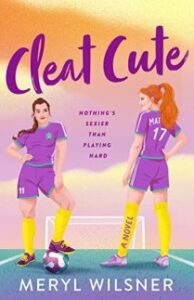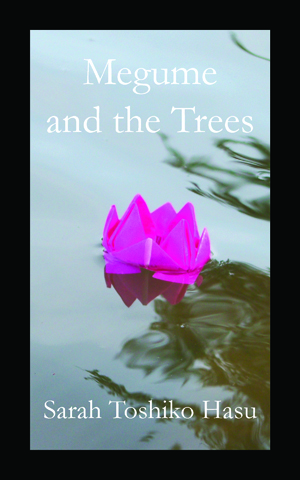“Calling Phoebe loud and obnoxious and gay ignores all her layers and contradictions. That’s Grace’s issue with fame—people take you at face value. Nobody bothers to look for the person beneath the brand.”
⚠️ Spoilers ahead. Book contains graphic sex scenes. ⚠️
Phoebe Matthews is ready to take her first season as a professional soccer player by storm. She even gets to play alongside her idol, Grace Henderson: the veteran star of the US Women’s National Team. Since they met, there’s been a spark of chemistry between them, and Phoebe can’t help but flirt with and seduce the woman she’s had a poster of since childhood. Though they’re on the same page on the pitch, a little miscommunication outside of the game leaves them both mentally spiraling. Are they brave enough to make a move both on and off the field?
The few factors that drove me to finish reading this book were the focus on fame, personal identity, and neurodiversity—NOT the relationship between Grace and Phoebe. The story touches on Grace’s preference not to reveal too much about who she is outside of soccer, in an effort to protect her privacy, until soccer becomes her entire identity, both to the outside world and herself. From the beginning, it’s also obvious that both main characters are neurodivergent. Phoebe is diagnosed with ADHD by the epilogue, and though Grace isn’t diagnosed with autism, it’s mentioned as a possibility. Though their neurodiversity is obvious from the first two chapters, the topic isn’t discussed in any way that matters to the story. There’s so much going on under the surface of these characters that would have made the story beautifully important if they were the focus, rather than a subtle plot point that’s slipped into the end of the book.
I almost DNFed this book many, many times; it takes a one-star read for me to give up on a book, rather than give it the benefit of the doubt. Though I did finish it, I dragged my feet every step of the way. The most obvious issue with this novel is the point of view. A third-person objective point of view is cold and distant. It leaves readers disconnected from the characters and the story. For Phoebe—passionate, energetic, a thousand thoughts a second Phoebe—we’re cut off from what she’s really feeling. Beyond that, this POV is choppy, especially for a story that primarily involves women. Unfortunately, the objective POV means the entire story is tell; we’re not shown through actions or imagery or any form of creative writing. The tension between them doesn’t last long enough to keep readers enthralled, either; once the sex is introduced, that’s apparently all that matters.
Every other sentence starts with a name to avoid referring to too many “she’s” within a single thought. The writing also lacks descriptive language, even though the story is set in vibrant New Orleans. For all the scenes focused on food, we never smell, taste, or experience a moment with the characters. Even during gameplay, there’s no sweat, heat, or the sound of screaming fans in our ears. The readers are kept at arm’s length at all times. Perhaps worse: the sex scenes read like fanfiction—a first-time writer’s fanfiction. Instead of steamy, the word choice makes it awkward and off putting. “Baby girl?” Really?
Despite my issues with it, I do recommend it for fans of workplace romances, Ted Lasso, or A League of Their Own. You’re going to get serious “Ted Lasso but make it sapphic” vibes from this, I promise; Phoebe and Grace are very much Jamie and Roy. If you’re in your sporty romance era, give this a try!
✨ The Vibes ✨
⚽︎ F/F Romance
⚽︎ Neurodiversity / ADHD and Autism Rep
⚽︎ Sports Romance
⚽︎ Secret Dating
⚽︎ Workplace Romance
⚽︎ Miscommunication
⚽︎ Grumpy vs Sunshine


